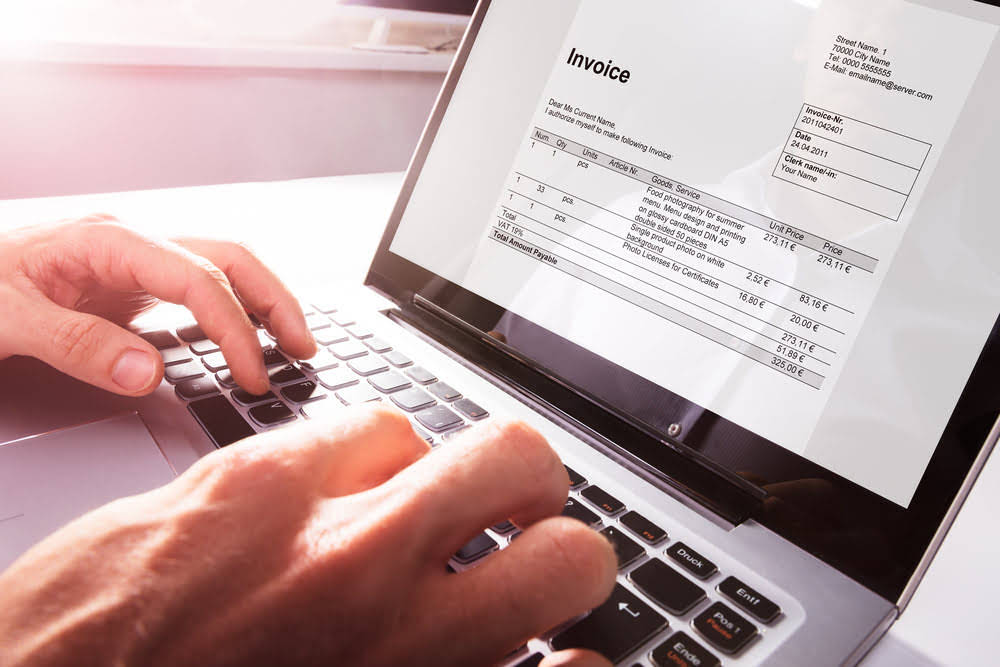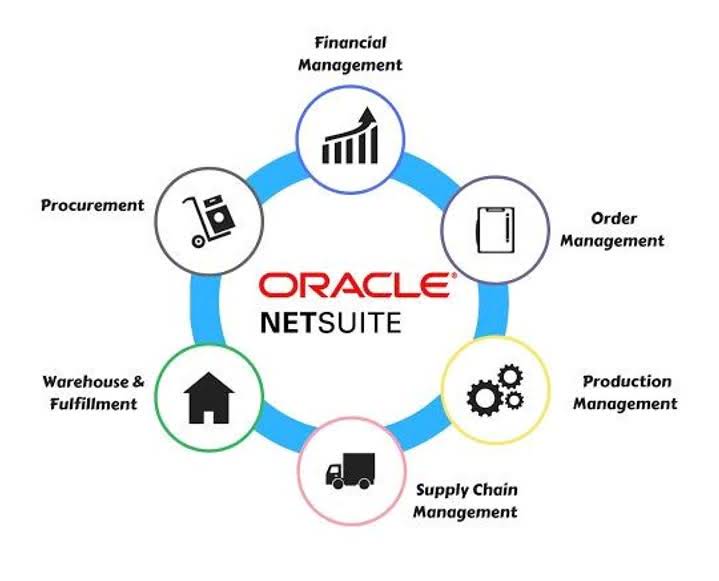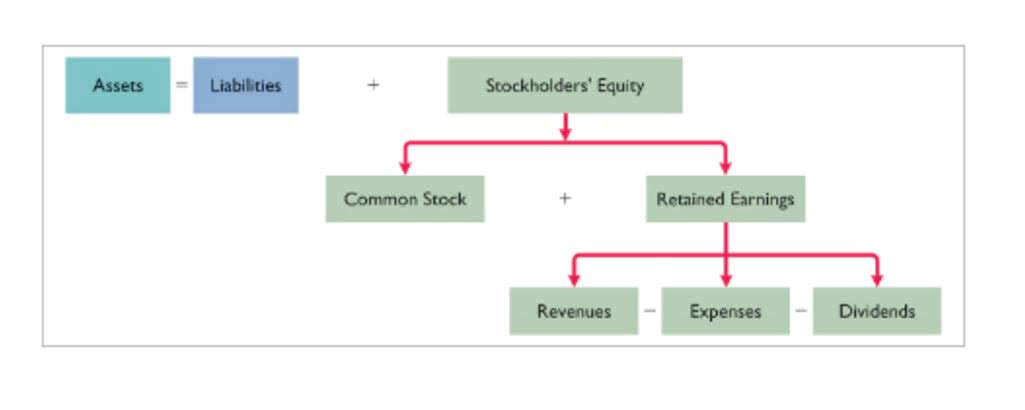This means that when you make a purchase with petty cash, you will need to replace the money that you spent. Petty cash is still used by all businesses today, as it provides a convenient way to handle minor expenses without having to write a check or use a credit card. While the amount of petty cash kept on hand will vary from business to business, most businesses keep a relatively small amount of money on hand for this purpose. Think carefully about the expenses covered by petty cash and establish clear guidelines. Petty cash should cover small, necessary expenses that require immediate funds.
What is petty cash & how to manage it: the ultimate guide
The reconciliation process ensures that the fund’s remaining balance equals the difference between the original balance minus charges detailed on receipts and invoices. If the remaining balance is less than what it should be, there is a shortage. If the remaining balance is more than what it should be, there is an overage. Although there can be minor variances, when unbalanced, the source of the discrepancy should be identified https://www.saveplanet.su/articles_11_page9.html and corrected.
Set up a budget
Most businesses set their own maximum rate for expenses that can be paid with the petty cash fund – say, £25. Because this maximum is so low, there are few other safety nets and controls in place when it comes to spending cash, which can unfortunately result in some dishonest practices. If there’s a shortage or overage, a journal line entry is recorded to an over/short account. If the petty cash fund is over, a credit is entered to represent a gain. If the petty cash fund is short, a debit is entered to represent a loss.
Exchange the Receipt For a New Check
Petty cash, while seemingly simple, demands meticulous management to ensure financial accuracy and prevent fraud. As part of a company’s cash, a petty cash fund is drawn on its checking account, cashing that check and giving the currency and coins to the custodian. If money from the fund is used for expenses, the custodian will use petty cash receipts or vouchers to replace that cash. When the fund is replenished, the expenses will be recorded in the general ledger. A petty cash transaction is recorded on financial statements even when it is already in use.
Keep your petty cash book tidy
Companies typically tackle the handling of petty cash with a petty cash log book of sorts – maybe an Excel or paper spreadsheet, or a notebook that people tend to doodle in. Essentially, some place to record how much has been removed for purchases. Luckily, there are software alternatives (we’ll get into that later) to avoid things getting lost. Reconciliation of the petty cash fund should be done periodically to ensure that the fund’s balance is correct. The petty cash balance is present on https://www.balakovo.ru/board.php?site_id=12&set=5&group=54 the company balance sheet with cash in the bank and cash on hand. Which can aid employers in reimbursing employees and clients for small expenses.
Understanding petty cash accounting
The amount left inside the box should be equal to the ending balance. Petty cash is a current asset listed as a debit on the balance sheet. An accountant will typically write a cheque to “Petty Cash” to fund the petty cash account and cash this cheque at the company’s bank. If there is a shortage of funds or over the required limit, a journal line entry is recorded into a short/over an account. On the other hand, it is a debit entry as a loss if the petty cash fund is short. In such a scenario, reconciliation is observed to balance the funds forcefully.
- But this is supposed to help the key holders keep track of what is spent where, as well as how much petty cash is available.
- Without this foundation, you’re setting yourself up for potential errors and discrepancies down the line.
- The petty cash custodian will be the only person who can access the box.
- It is the best mode of payment in situations in which paying by check seems an insensible option.
- But it can be helpful to keep paper slips too, along with receipts from the purchases or payments (if possible).
- As we mentioned earlier, petty cash is used instead of cash or check to pay for small expenses in a company.
For businesses seeking to enhance control, improve efficiency, and mitigate risks, modern expense management solutions offers a compelling alternative to traditional petty cash systems. Solutions like Weel, provide a single platform to manage spend, and provide features that are superior to traditional cash based systems. At its core, petty cash refers to a small, readily available fund of actual cash money used to cover minor, incidental expenses. It’s a system designed for operational efficiency, ensuring https://motorka.org/raznoe/r18/3349-vostrebovannost-videslotov-vozrastaet.html that day operations aren’t hindered by the need for formal payment processes for every small expenditure. By regularly reconciling petty cash funds in your organization, you can avoid inefficiencies and unauthorized use. For some organizations, monthly reconciliation works for small businesses, whereas for large organizations weekly reconciliation can get the job done for others.
- The petty cash fund is reconciled periodically to verify that the balance of the fund is correct.
- Ensure all petty cash expenses are meticulously accounted for, as even small expenses can significantly affect your accounting.
- Make sure to record the employee’s name, the name of the service provider or vendor, and the name of the person who authorized the cash.
- To know more about Happay and how to manage your branch petty cash more efficiently, schedule a demo with us today.
- Petty cash, as the name suggests, is a small amount stored in office boxes or drawers to be used to pay for small expenses, including employee meals and snacks.
Credit Cards Showcase
For example, anyone who requires such cash should be required to write their name, the date, time, and the specific amount and description of the transaction. Petty cash is the money that a business or company keeps on hand to make small payments, purchases, and reimbursements. Either routine or unexpected, these are transactions for which writing a check or using a credit card is impractical or inconvenient. A petty cash fund will undergo periodic reconciliations, with transactions also recorded on the financial statements.





